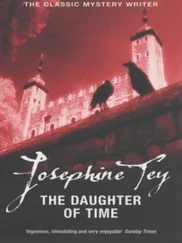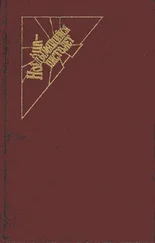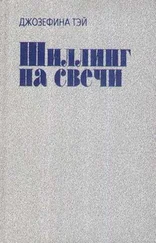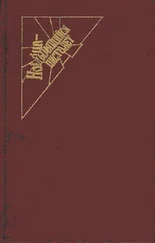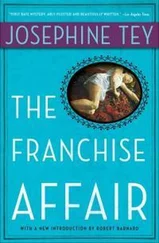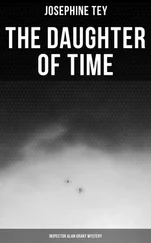Josephine Tey
THE DAUGHTER OF TIME
1951
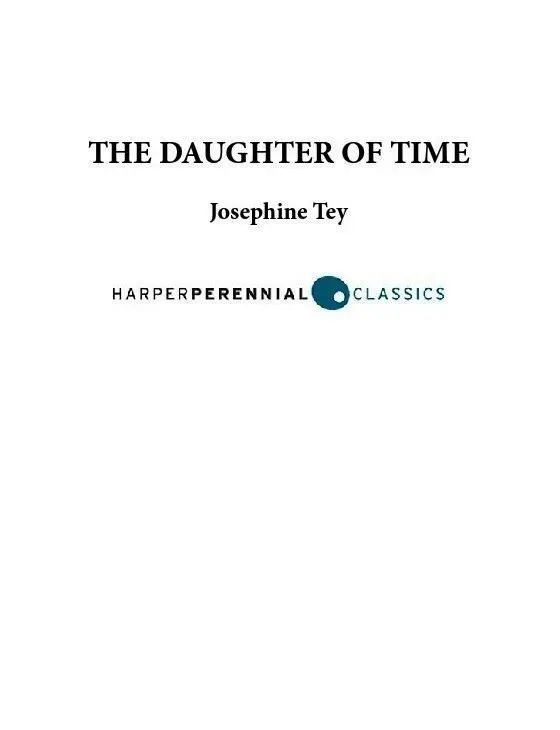
‘Truth is the daughter of time’
– Old Proverb
Grant lay on his high white cot and stared at the ceiling. Stared at it with loathing. He knew by heart every last minute crack on its nice clean surface. He had made maps of the ceiling and gone exploring on them; rivers, islands, and continents. He had made guessing games of it and discovered hidden objects; faces, birds, and fishes. He had made mathematical calculations of it and re-discovered his childhood; theorems, angles, triangles. There was practically nothing else he could do but look at it. He hated the sight of it.
He had suggested to The Midget that she might turn his bed round a little so that he could have a new patch of ceiling to explore. But it seemed that that would spoil the symmetry of the room, and in hospitals symmetry ranked just a short head behind cleanliness and a whole length in front of Godliness. Anything out of the parallel was hospital profanity. Why didn’t he read? she asked. Why didn’t he go on reading some of those expensive brand-new novels that his friends kept on bringing him.
‘There are far too many people born into the world, and far too many words written. Millions and millions of them pouring from the presses every minute. It’s a horrible thought.’
‘You sound constipated,’ said The Midget.
The Midget was Nurse Ingham, and she was in sober fact a very nice five-feet two, with everything in just proportion. Grant called her The Midget to compensate himself for being bossed around by a piece of Dresden china which he could pick up in one hand. When he was on his feet, that is to say. It was not only that she told him what he might or might not do, but she dealt with his six-feet-odd with an off-hand ease that Grant found humiliating. Weights meant nothing, apparently, to The Midget. She tossed mattresses around with the absent-minded grace of a plate spinner. When she was off-duty he was attended to by The Amazon, a goddess with arms like the limb of a beech tree. The Amazon was Nurse Darroll, who came from Gloucestershire and was homesick each daffodil season. (The Midget came from Lytham St. Anne’s, and there was no daffodil nonsense about her.) She had large soft hands and large soft cow’s eyes and she always looked very sorry for you, but the slightest physical exertion set her breathing like a suction-pump. On the whole Grant found it even more humiliating to be treated as a dead weight than to be treated as if he was no weight at all.
Grant was bed-borne, and a charge on The Midget and The Amazon, because he had fallen through a trapdoor. This, of course, was the absolute in humiliation; compared with which the heavings of The Amazon and the light slingings of The Midget were a mere corollary. To fall through a trapdoor was the ultimate in absurdity; pantomimic, bathetic, grotesque. At the moment of his disappearance from the normal level of perambulation he had been in hot pursuit of Benny Skoll, and the fact that Benny had careered round the next corner slap into the arms of Sergeant Williams provided the one small crumb of comfort in an intolerable situation.
Benny was now ‘away’ for three years, which was very satisfactory for the lieges, but Benny would get time off for good behaviour. In hospitals there was no time off for good behaviour.
Grant stopped staring at the ceiling, and slid his eyes sideways at the pile of books on his bedside table; the gay expensive pile that The Midget had been urging on his attention. The top one, with the pretty picture of Valetta in unlikely pink, was Lavinia Fitch’s annual account of a blameless heroine’s tribulations. In view of the representation of the Grand Harbour on the cover, the present Valerie or Angela or Cecile or Denise must be a naval wife. He had opened the book only to read the kind message that Lavinia had written inside.
The Sweat and the Furrow was Silas Weekley being earthy and spade-conscious all over seven hundred pages. The situation, to judge from the first paragraph, had not materially changed since Silas’s last book: mother lying-in with her eleventh upstairs, father laid-out after his ninth downstairs, eldest son lying to the government in the cowshed, eldest daughter lying with her lover in the hayloft, everyone else lying low in the barn. The rain dripped from the thatch, and the manure steamed in the midden. Silas never omitted the manure. It was not Silas’s fault that its steam provided the only up-rising element in the picture. If Silas could have discovered a brand of steam that steamed downwards, Silas would have introduced it.
Under the harsh shadows and highlights of Silas’s jacket was an elegant affair of Edwardian curlicues and Baroque nonsense, entitled Bells on Her Toes . Which was Rupert Rouge being arch about vice. Rupert Rouge always seduced you into laughter for the first three pages. About page three you noticed that Rupert had learned from that very arch (but of course not vicious) creature George Bernard Shaw that the easiest way to sound witty was to use that cheap and convenient method, the paradox. After that you could see the jokes coming three sentences away.
The thing with a red gun-flash across a night-green cover was Oscar Oakley’s latest. Toughs talking out of the corners of their mouths in synthetic American that had neither the wit nor the pungency of the real thing. Blondes, chromium bars, breakneck chases. Very remarkable bunk.
The Case of the Missing Tin-opener , by John James Mark, had three errors of procedure in the first two pages, and had at least provided Grant with a pleasant five minutes while he composed an imaginary letter to its author.
He could not remember what the thin blue book at the bottom of the pile was. Something earnest and statistical, he thought. Tsetse flies, or calories, or sex behaviour, or something.
Even in that, you knew what to expect on the next page. Did no one, any more, no one in all this wide world, change their record now and then? Was everyone nowadays thrilled to a formula? Authors today wrote so much to a pattern that their public expected it. The public talked about ‘a new Silas Weekley’ or ‘a new Lavinia Fitch’ exactly as they talked about ‘a new brick’ or ‘a new hairbrush.’ They never said ‘a new book by’ whoever it might be. Their interest was not in the book but in its newness. They knew quite well what the book would be like.
It might be a good thing, Grant thought as he turned his nauseated gaze away from the motley pile, if all the presses of the world were stopped for a generation. There ought to be a literary moratorium. Some Superman ought to invent a ray that would stop them all simultaneously. Then people wouldn’t send you a lot of fool nonsense when you were flat on your back, and bossy bits of Meissen wouldn’t expect you to read them.
He heard the door open, but did not stir himself to look. He had turned his face to the wall, literally and metaphorically.
He heard someone come across to his bed, and closed his eyes against possible conversation. He wanted neither Gloucestershire sympathy nor Lancashire briskness just now. In the succeeding pause a faint enticement, a nostalgic breath of all the fields of Grasse, teased his nostrils and swam about his brain. He savoured it and considered. The Midget smelt of lavender dusting powder, and The Amazon of soap and iodoform. What was floating expensively about his nostrils was L’Enclos Numéro Cinq . Only one person of his acquaintance used L’Enclos Number Five. Marta Hallard.
Читать дальше


